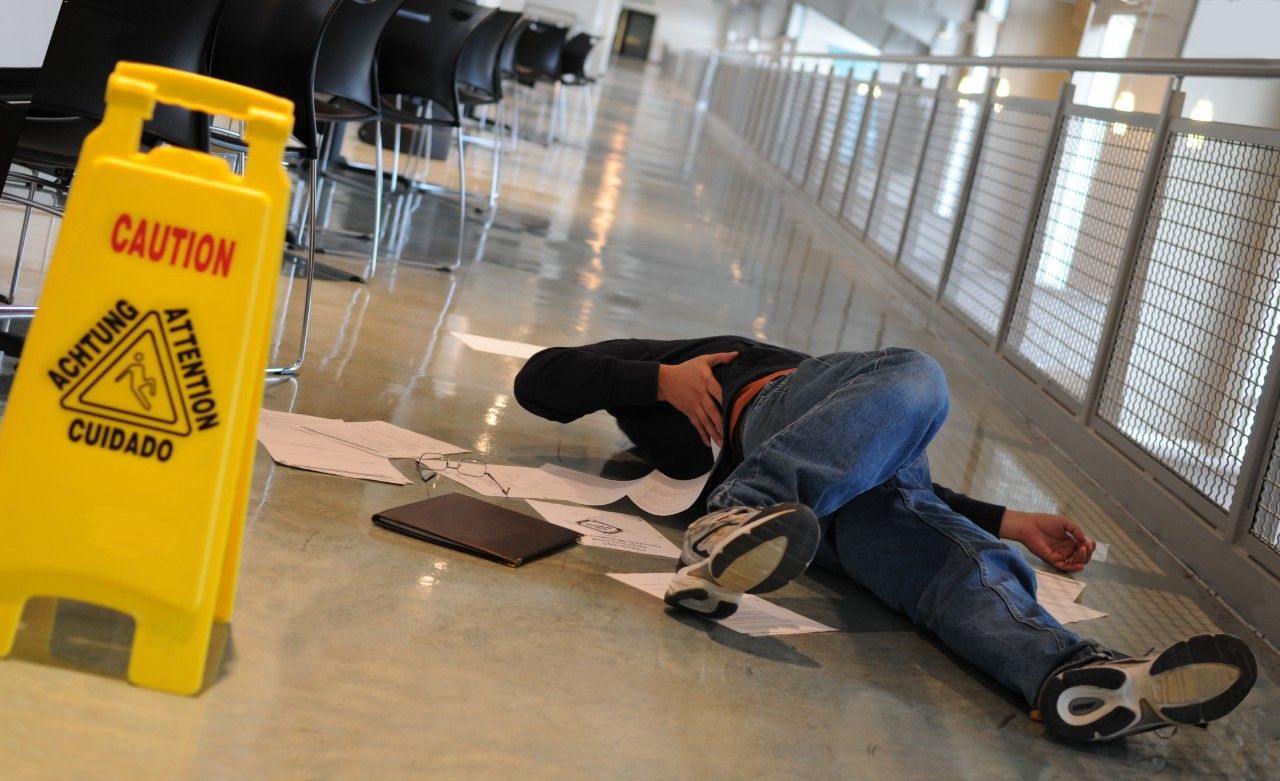 Photo from Adobe Stock
Photo from Adobe StockOriginally Posted On: https://elizabethhancocklaw.com/what-is-premise-liability/
Premise liability is a legal concept that’s closely related to cases of personal injury. When a personal injury occurs, it’s important to note where the incident happened. If it transpires on someone’s property due to unsafe or neglected conditions, then premise liability comes into play.
Property owners may be surprised to learn that it’s your overall responsibility to guarantee that your premise is safe. If an accident occurs because of your oversight, then the blame can fall on you. Fundamentally, premise liability determines the accountable party during a personal injury case.
Common BeliefsMany believe that responsibility always falls on the victim of the incident, while others think that the property owner is at fault. Although either situation can be correct, owners can avoid injury with certain precautions. For example, a friend is having a backyard party and hasn’t fixed the steps on his deck. What happens if a guest trips and falls? If the guest is injured, is the property owner responsible?
The Role of the Property OwnerAlthough premise liability is relatively standard, some states operate a bit differently than others. Most laws focus on the property owner, requiring that they care and maintain their grounds for anyone who might visit. Some states categorize visitors into three groups: invitees, trespassers, and those licensed to enter the property.
For these states, the law operates differently for each situation. If you invite someone onto your property, then you must maintain a safe and secure environment. If someone is licensed to enter your property, like a salesman, then you must at least warn them of any potential dangers that could cause injury. But if someone trespasses onto your property, you have no obligation to protect them from problems with your property. (The only exception is if a child is involved.)
Typical Incidents that Involve Premise LiabilityTo better understand how to navigate premise liability, it can help to look at some examples of everyday incidents.
Slip-and-Fall IncidentsOne of the most simple examples—and one that occurs reasonably often—is classic slip-and-fall injuries. When someone slips, trips, or falls on your property, resulting in injury, premise liability is one of the first things settled.
Some reasons why slip-and-falls occur include wet floors, broken sidewalks or steps, unsecured carpets, accumulated snow, and more. Injury can be due to owner negligence, such as with a lack of signage for wet floors, unshoveled snow, or waiting too long to fixed the stairs.
Swimming Pool AccidentsAccidents with swimming pools are another typical example of premise liability. Most of these, sadly, involve children falling into unsecured or unsupervised pools. Because of this, most states require property owners to secure pools with coverings or fencing when not in use. And when in use, owners must maintain supervision. It’s rare for the victim to be responsible in these cases of premise liability.
Building SecurityThe last example is the lack of building security, which tends to occur in office and apartment buildings. If a break-in or accident occurs, premise liability can help determine fault. It might not fall on the renter, but rather on the owner of the property if they didn’t employ property security techniques.
When to Consult a LawyerHiring a lawyer for assistance with premise liability may be necessary. Personal injury law is complicated, especially if the incident results in severe injury or death. How you use a lawyer will depend on whether you are the property owner or the victim.
Property OwnerWhen dealing with an injury of someone else—whether a friend or a trespasser—property owners can benefit from hiring an attorney. Maybe someone fell on a wet floor, but you had signage up to warn customers. Perhaps a trespasser fell into your pool despite your best efforts fencing and locking it. In these cases, you should be able to argue your innocence, as you took appropriate measures to avoid injury.
InjuredIf you suffer an injury on someone else’s property, it doesn’t automatically mean the owner is liable. You first have to build a case to prove their negligence. But it’s important to argue your case, especially if you need help to pay medical bills and receive physical therapy. A lawyer can also help you secure lost wages and any relief dealing with pain and suffering.
Contact Shreveport Personal Injury Attorney Elizabeth Hancock today, to find out how she can help you pursue the financial settlement you deserve for your injuries at (318) 841-1613. Attorney Hancock offers free consultations to explain the details of your case in full, providing services solely on a contingency basis. If she does not settle, you do not pay any premises liability attorney fees.

